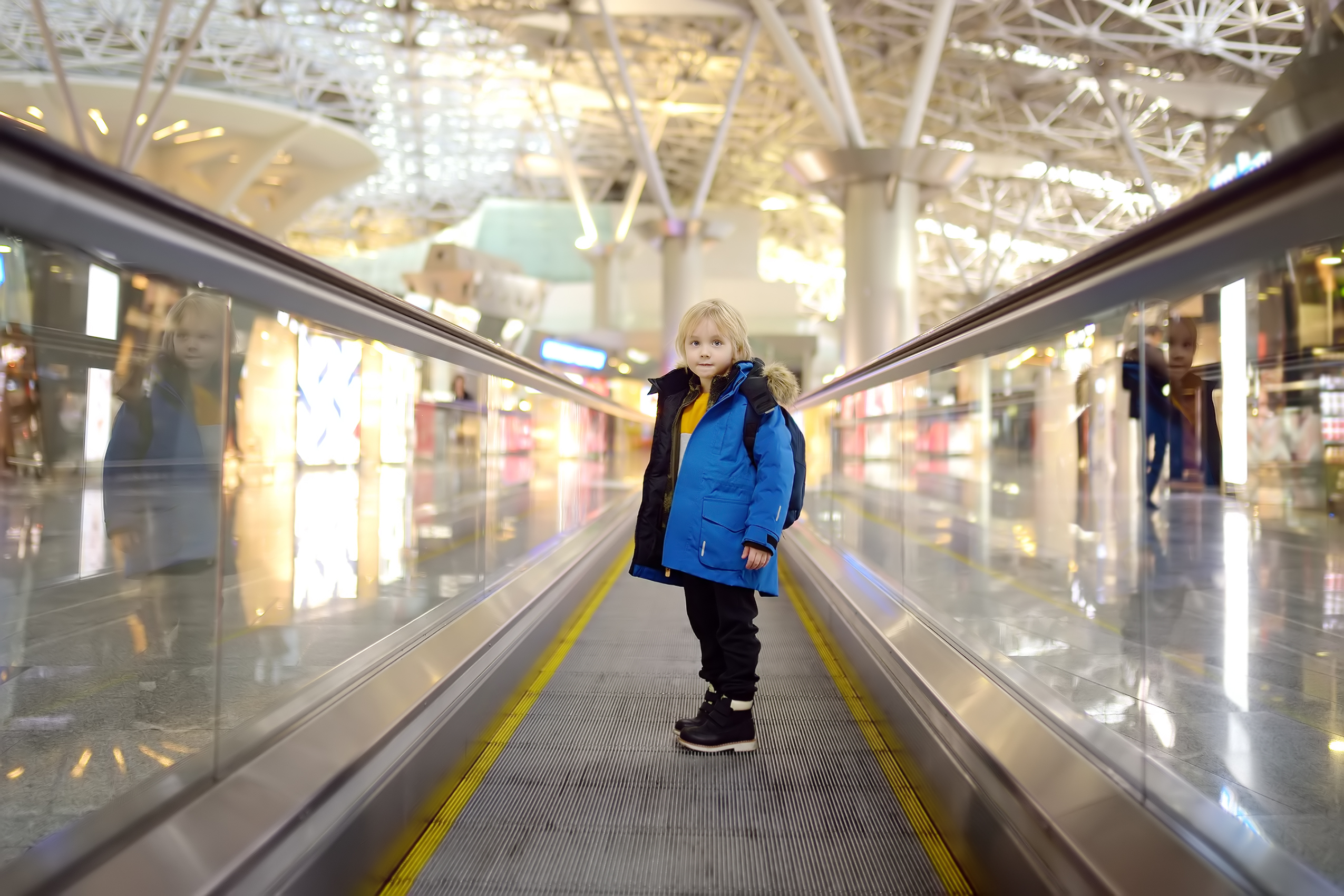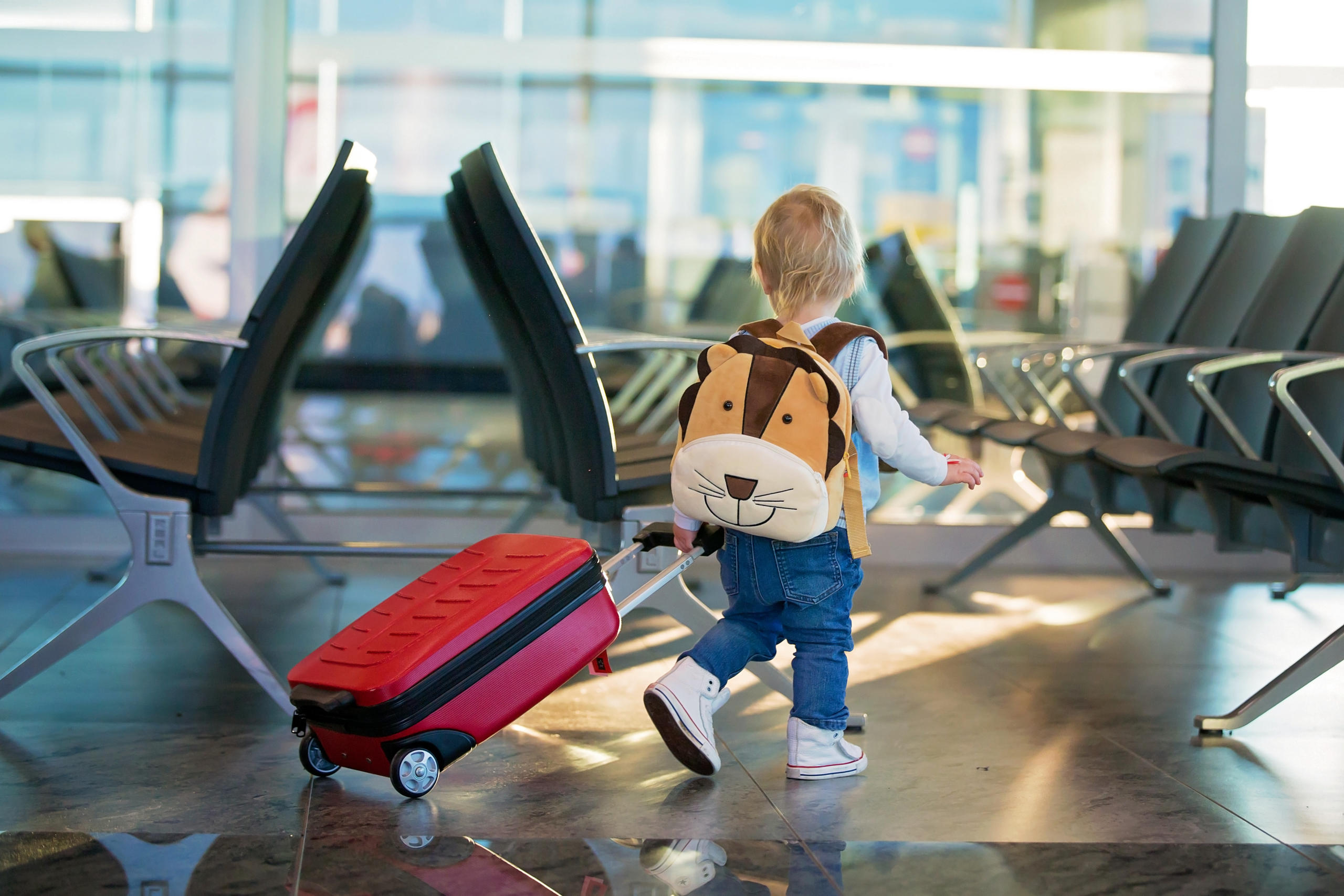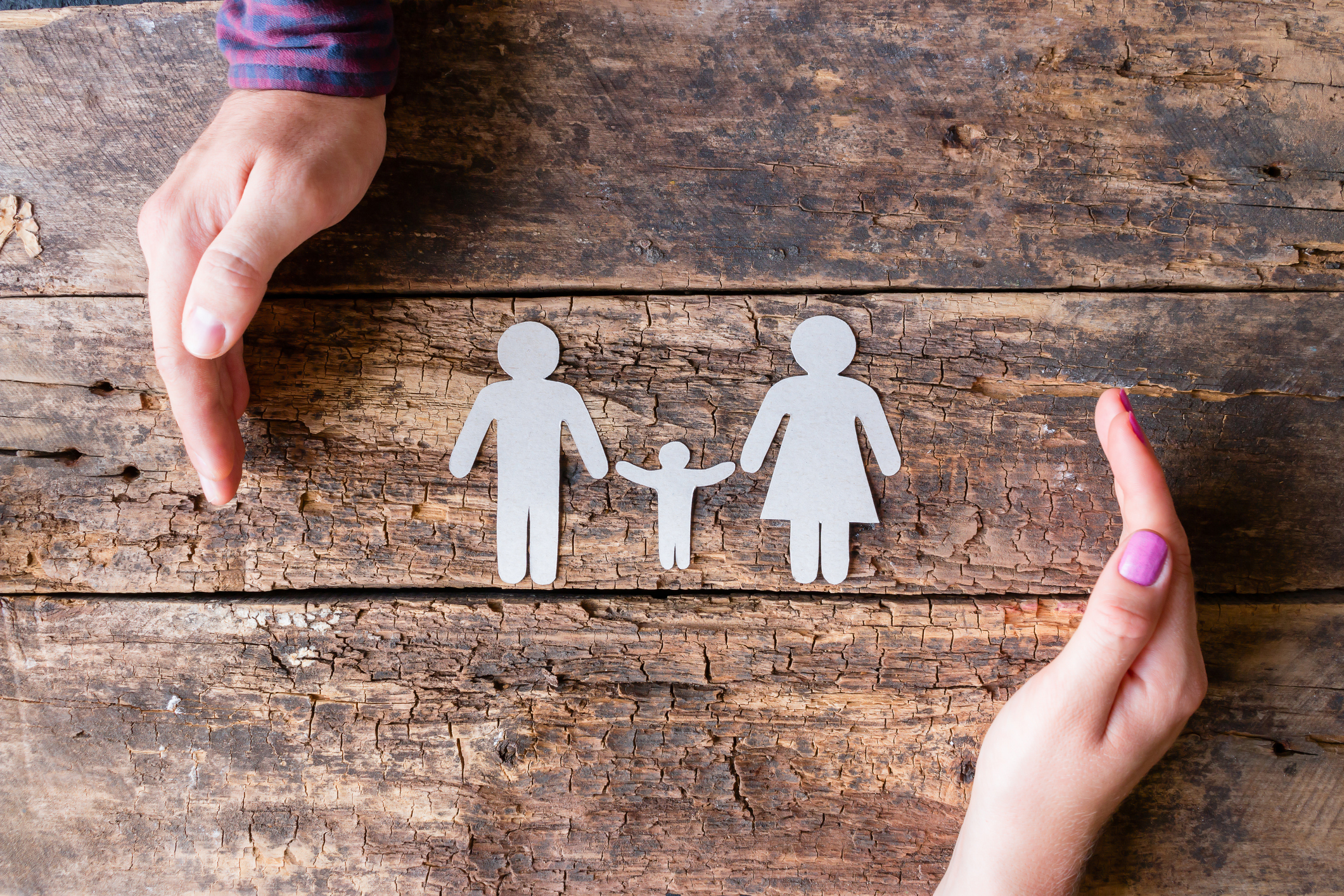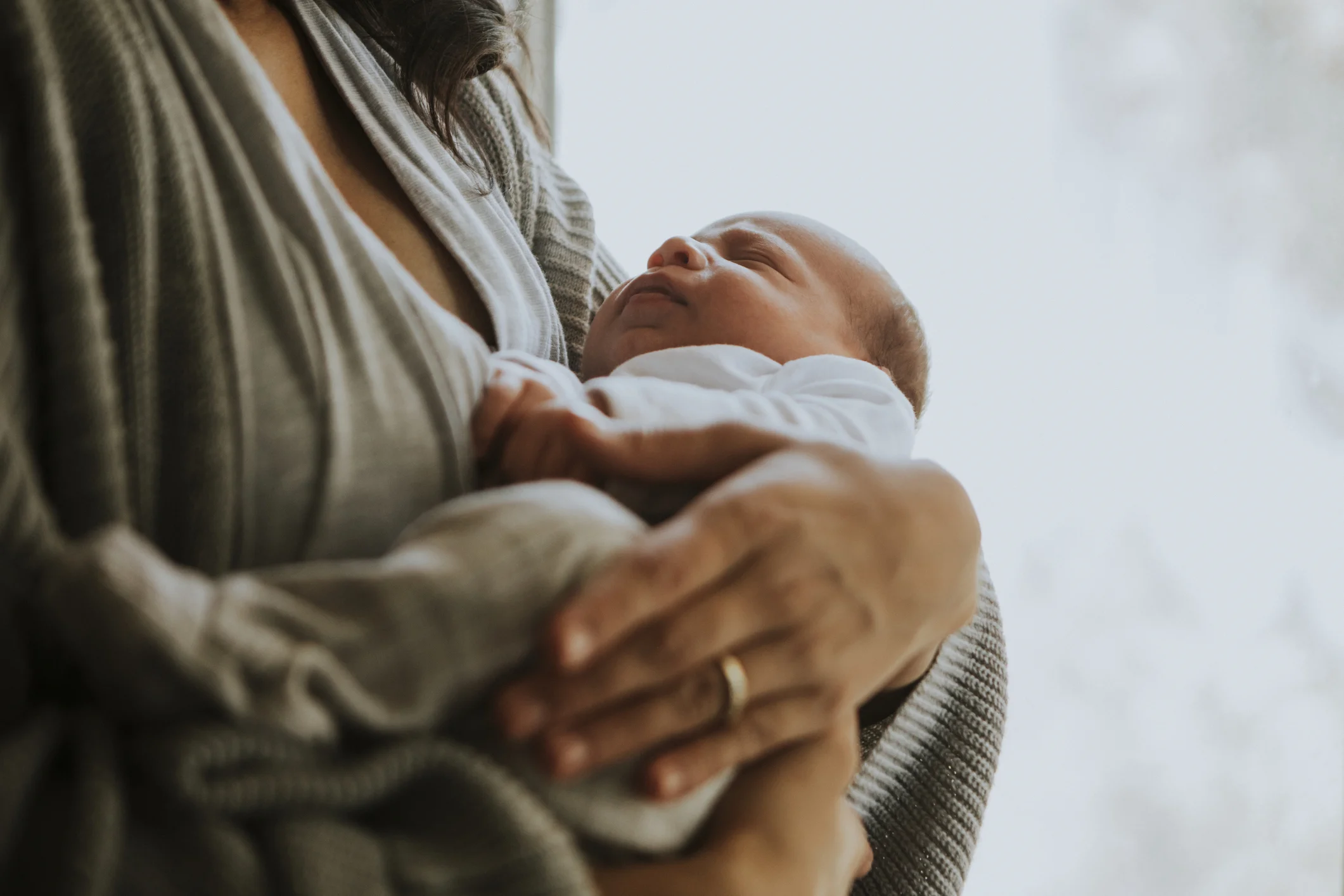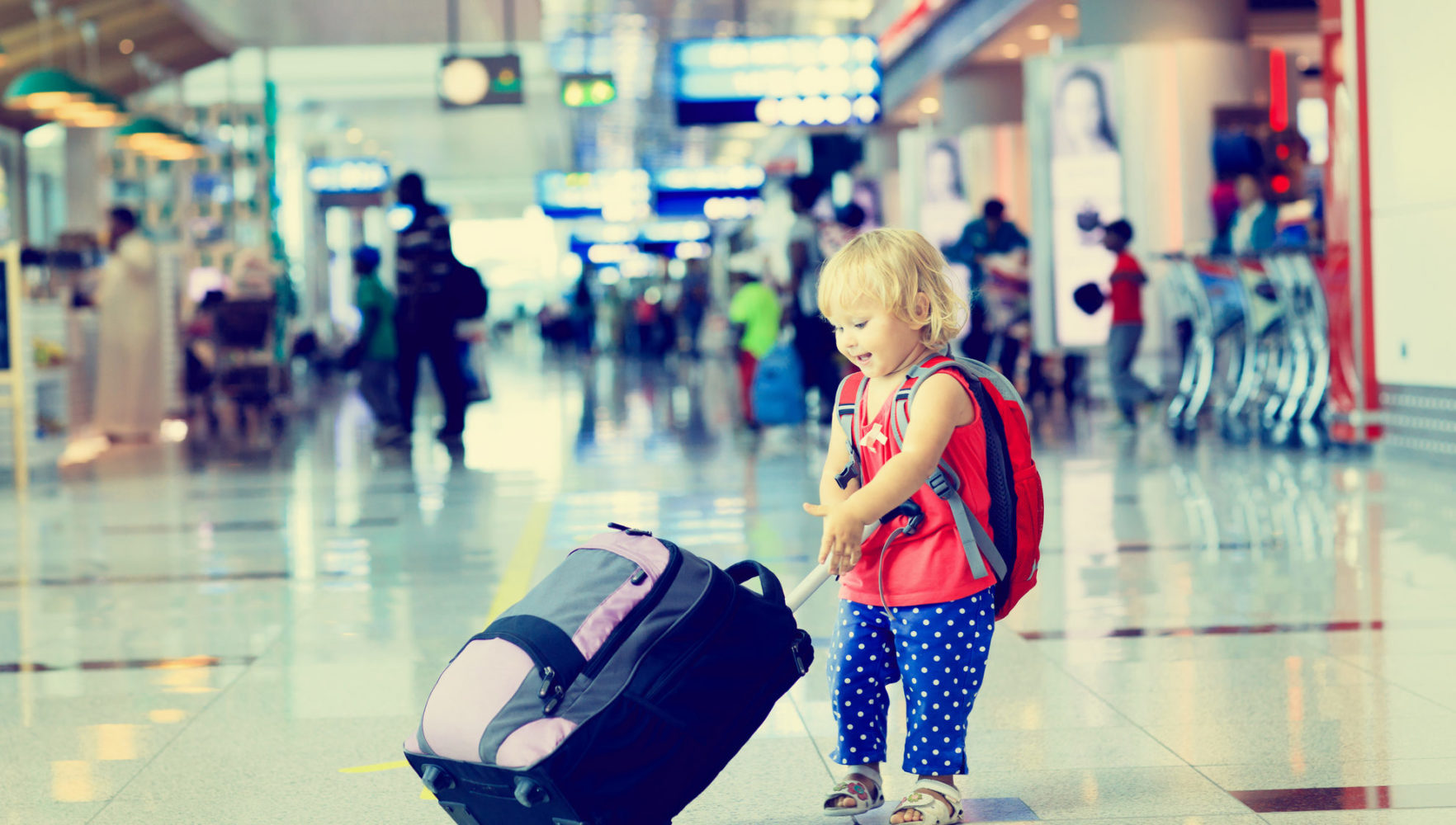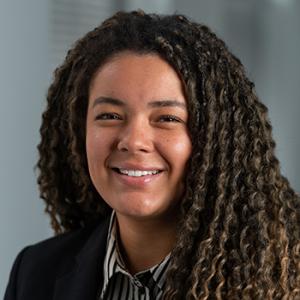Children
Welcome to the Stephens Scown Info Hub for Children – home to our latest legal news, insights, videos and FAQs.
- Adoption
- Alternatives to Court
- Arrangements for Children
- Brand Protection
- Brexit
- Business Disputes
- Business Law
- Buying and Selling Your Home
- COVID-19
- Charities
- Child Abduction
- Children
- Children in Care
- Cohabitation
- Commercial Property
- Community News and Giving Back
- Construction
- Corporate and Commercial
- Data Protection
- Disputes with Businesses
- Divorce and Separation
- Domestic Abuse
- Employee Ownership
- Employment and HR
- Energy
- Family
- Finances Following Divorce and Separation
- Finances for Children
- Food and Drink
- Healthcare
- High Net Worth
- Holiday and Residential Parks
- Immigration
- InSync
- Inheritance and Trust Disputes
- Insolvency and Bankruptcy
- Intellectual Property
- International Divorce
- Landlord and Tenancy Disputes
- Leisure and Tourism
- Marine
- Mining, Minerals and Waste
- Money
- Personal Disputes
- Planning
- Pre and Post Nuptial Agreements
- Property Disputes
- Public Sector
- Real Estate
- Recruitment and Careers
- Regulatory Compliance and Enforcement
- Residential Property
- Rural
- Social Housing
- Stephens Scown News
- Technology
- Unmarried Couples
- Wealth Protection and Planning for Later Life
- Wills and Inheritance Planning
Top Children Services
View AllChildren Latest Articles
View AllChildren Video Lounge
View AllOur Children Lawyers
View AllChildren Top FAQs
Personal
View all personal FAQs-
Cafcass stands for Children and Family Court Advisory and Support Service. They are independent of the court. On an application to the Court involving children, the Court may direct that they should be involved in the case. If so, they will advise the Court, on behalf of the children, what they consider to be the appropriate outcome. Their recommendation is not binding on the Court but the Court needs to show a good reason for departing from their recommendations. http://www.cafcass.gov.uk/
-
The child’s natural mother will automatically have parental responsibility. The child’s natural father will have parental responsibility if he is married to the child’s natural mother at the time of the child’s birth or subsequently marries the natural mother. It is more complicated whether you have parental responsibility if you are an unmarried father and you should take advice about your circumstances. Other people may gain parental responsibility for a child in certain circumstances such as step-parents or grandparents.
-
This is possible although there are a number of considerations that need to be overcome initially. The Court will look at what is known as the welfare checklist. As part of that checklist, the Court will look at what is in the best interests of the child as their paramount consideration. The Court will also want to understand why a child’s needs could not be met by a lesser order such as a step-parent parental responsibility or a residence order. In addition, consideration will need to be given as to whether the child’s other natural parent needs to give their consent or be involved in the legal proceedings. Adoption is a very specialist area of law and it is recommended that advice is taken early.
-
When you adopt a child the legal ties between the child and the birth parents are cut. All parental rights and responsibilities pass to the adoptive parents. The child becomes a full member of the adoptive family and has the same legal rights as a natural child.
-
This is an order which means that you remain responsible for your child’s care but the Local Authority have the power to ‘supervise’ how you care for your child. A supervision order usually lasts up to one year unless the local authority asks the court for an extension (which can be at most two more years). If a supervision order is made, the local authority will generally agree a ‘contract’ or supervision plan with you. This will set out what is expected of you, and the services the local authority will provide.
-
An Interim Care Order is an Order made by the Court which means that the Local Authority will share parental responsibility for your child with you. The Local Authority can then make appropriate provisions for the child even if these are contrary to the parents wishes. These interim orders are temporary measures designed to protect the children whilst a full and comprehensive investigation of the case is undertaken. It is not meant to pre-judge issues but rather is a neutral position. The order can last for up to 8 weeks to begin with, and can be renewed for 28 day periods after that.
-
In urgent or emergency situations the Local Authority can apply to the Court for what is known as an Emergency Protection Order. This is normally an application which is made with little or no notice to the parents or the person with whom the child is living on the basis that urgent action is needed to protect the child. If granted they will allow the Local Authority then to remove the children from the parents care for a period of time, which cannot exceed 8 days. It is extremely important that take urgent advice if the Local Authority have made an application for and/or obtained an Emergency Protection Order.
